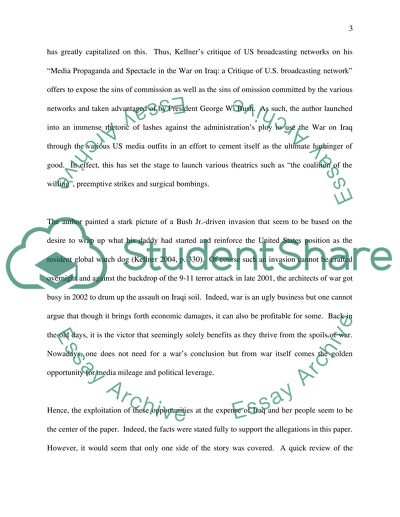Cite this document
(“Critical review of three seminar readings Essay”, n.d.)
Retrieved from https://studentshare.org/environmental-studies/1411449-critical-review-of-three-seminar-readings
Retrieved from https://studentshare.org/environmental-studies/1411449-critical-review-of-three-seminar-readings
(Critical Review of Three Seminar Readings Essay)
https://studentshare.org/environmental-studies/1411449-critical-review-of-three-seminar-readings.
https://studentshare.org/environmental-studies/1411449-critical-review-of-three-seminar-readings.
“Critical Review of Three Seminar Readings Essay”, n.d. https://studentshare.org/environmental-studies/1411449-critical-review-of-three-seminar-readings.


